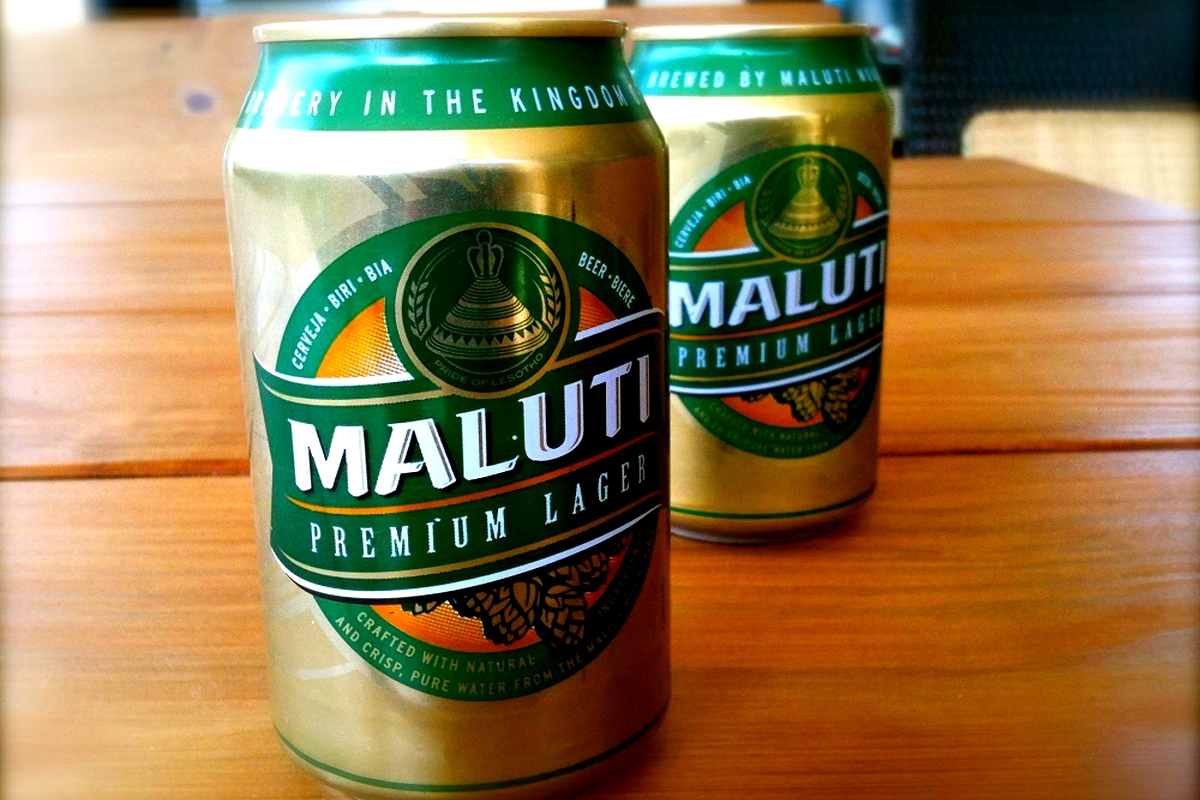STRONG links have been found between alcohol use and the occurrence of intimate partner violence, with evidence that suggests that alcohol use increases the occurrence and severity of violence.
health
July 2, 2021
LINEO MABEKEBEKE
2 min read
Alcohol linked to interpersonal violence

Maluti Premium Lager produced in Lesotho
As the nation joined the world in commemorating the International Day Against Drug Abuse Illicit Trafficking on Saturday, Mothobi Molefi, the Country Coordinator of the Southern African Alcohol Policy Alliance (SAAPA) in Lesotho said about 60 percent of women who report gender based violence, show that their abuser was drunk at the time of the incident.
According to SAAPA, overall 70 percent of the 67 patients treated for substance abuse had alcohol as their primary substance of abuse.
At least 78 percent of the patients treated for alcohol abuse were male and about one third of the patients were aged 30 or younger.
A national study that collected data from 10 psychiatric clinics, two rehabilitation centres, the mental hospital and the police authorities found that alcohol was the primary substance of abuse in Lesotho at 52.1 percent.
The impacts of intimate partner violence are wide-ranging. For the victim, health effects include physical injury, which in some women may lead to pregnancy complications or miscarriage, emotional problems leading to suicide, suicidal ideation and depression. In severe cases, the injuries sustained from intimate partner violence can be fatal.
Data collected for the Lesotho Epidemiology Network on Drug Abuse (LENDU) from two rehabilitation centres, one psychiatric clinic, four Mental Observation and Treatment Units, and the police department, shows that alcohol was the dominant substance of abuse for patients seen at the treatment facilities.
Apart from that, SAAPA says alcohol impairs judgment and coordination.
“This is particularly important when drinking and driving. About 60 percent of drivers in accidents test positive for alcohol. Africa has the highest death rates on the road (26.6%), highest pedestrian and cyclists’ deaths (44%). It is estimated that 35 percent of deaths on the road is alcohol related,” SAAPA says.
Enjoy our daily newsletter from today
Access exclusive newsletters, along with previews of new media releases.
Of concern also is the increasing supply and availability of unregulated high alcohol volume products, unlicensed outlets (shebeens) in Lesotho and online purchasing dial a delivery services, which makes accessing alcohol even more easy for young people below 18.
SAAPA in Lesotho calls upon the government to take advantage of the gains from the temporary measures enacted to contain the COVID-19 pandemic through reduced alcohol availability by engaging in a review process that includes civil society to update the draft National Alcohol Policy to be evidence-based without delay and to implement the World Health Organisation (WHO) recommended three best buys which are reduced availability, restrictions on advertising and increase in price as tools to reduce negative impact of alcohol in Lesotho.
Tailored for you






